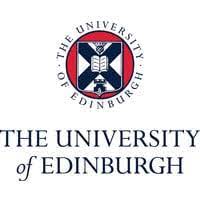
MSc in Animal Breeding and Genetics
The University of Edinburgh, Edinburgh


The University of Edinburgh, Edinburgh

MSc in Animal Breeding and Genetics
The University of Edinburgh, Edinburgh
Edinburg graduates are ranked 26th in the world by employers
It is a top-ranked institution verified by QS
Degree
Postgraduate
Duration
12
Course Type
With Co-op
Co-op education gives you real-world experience in a job related to your studies.
INR
45.71L
USD 53775
1st Year Tuition Fees